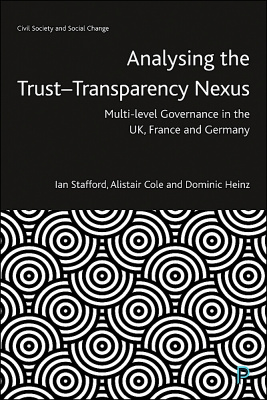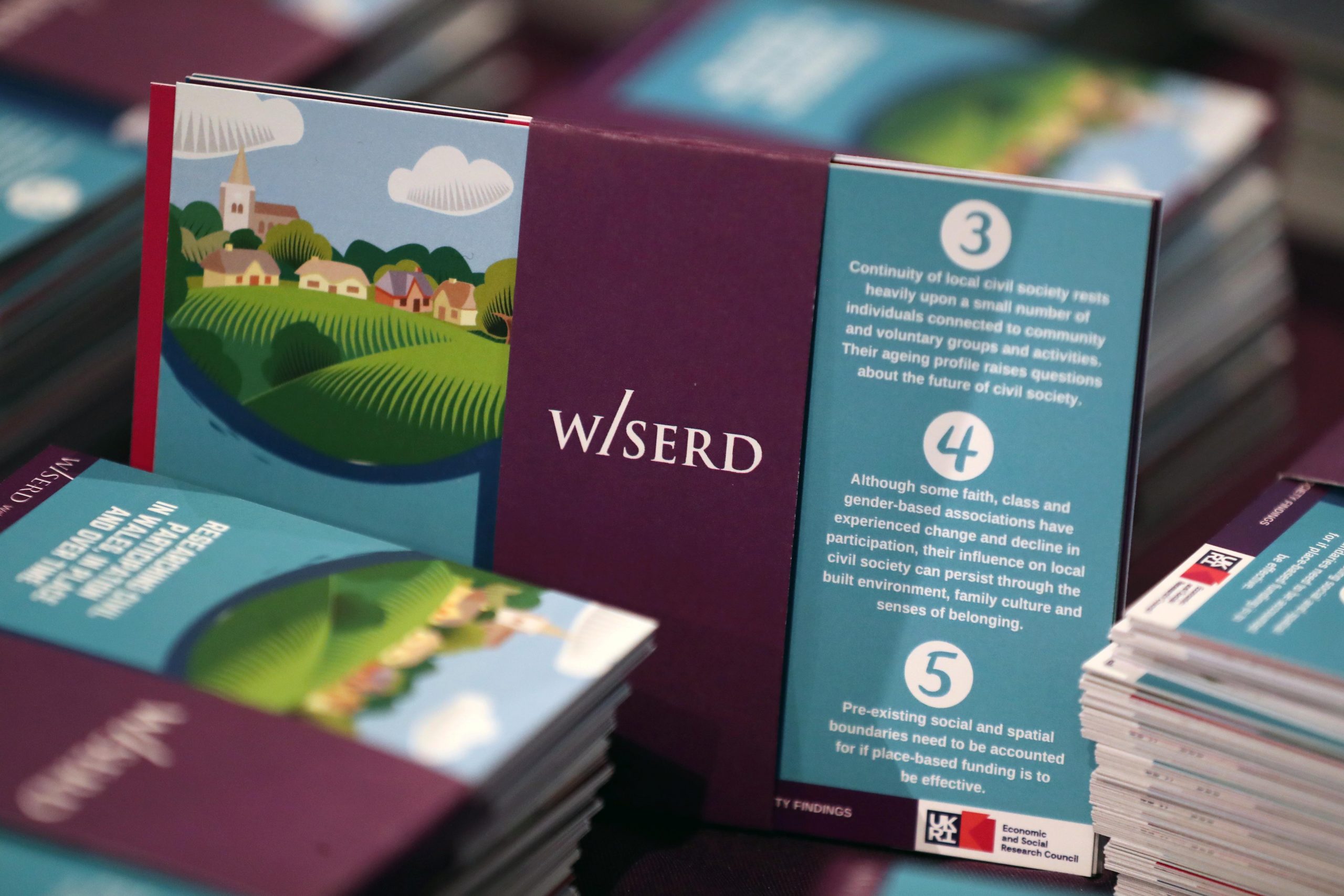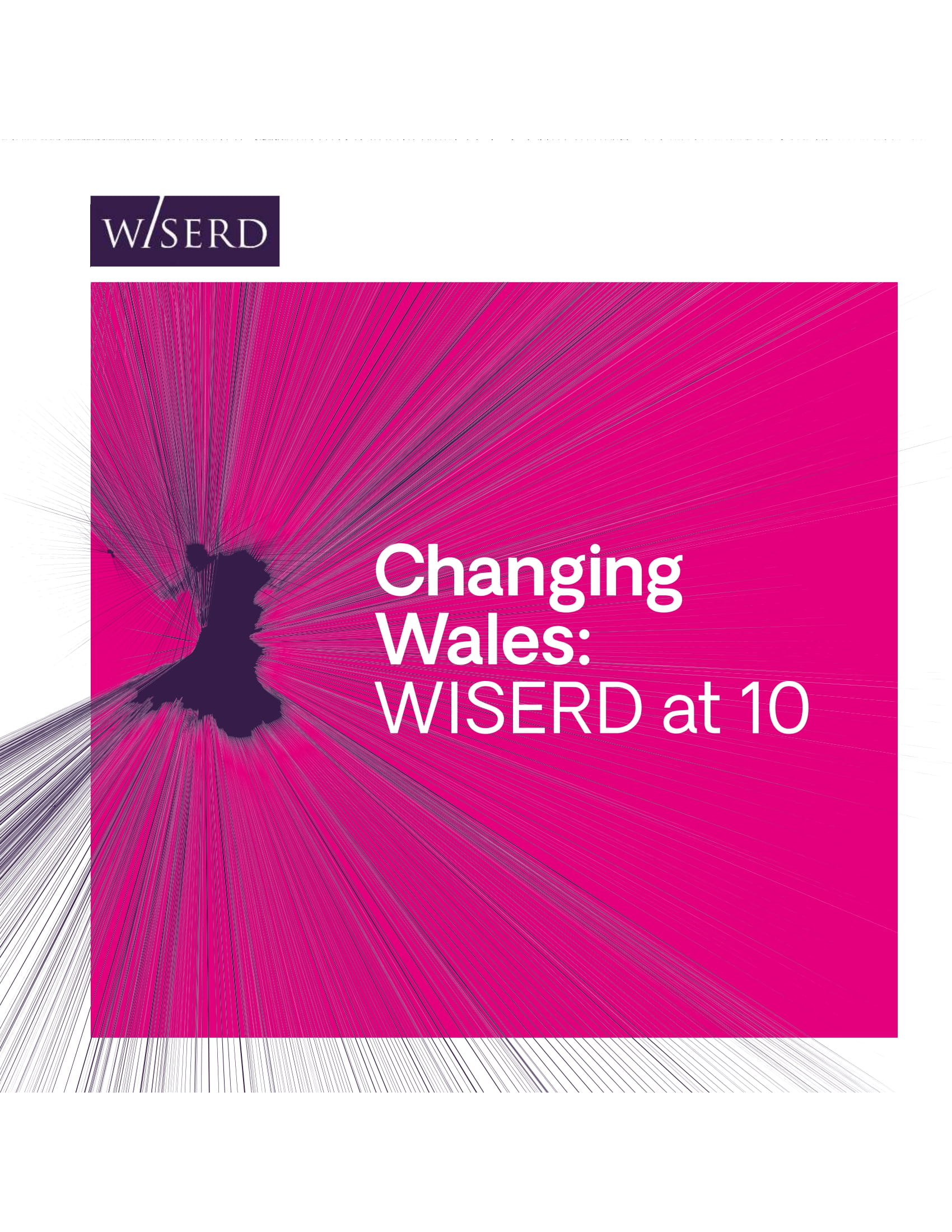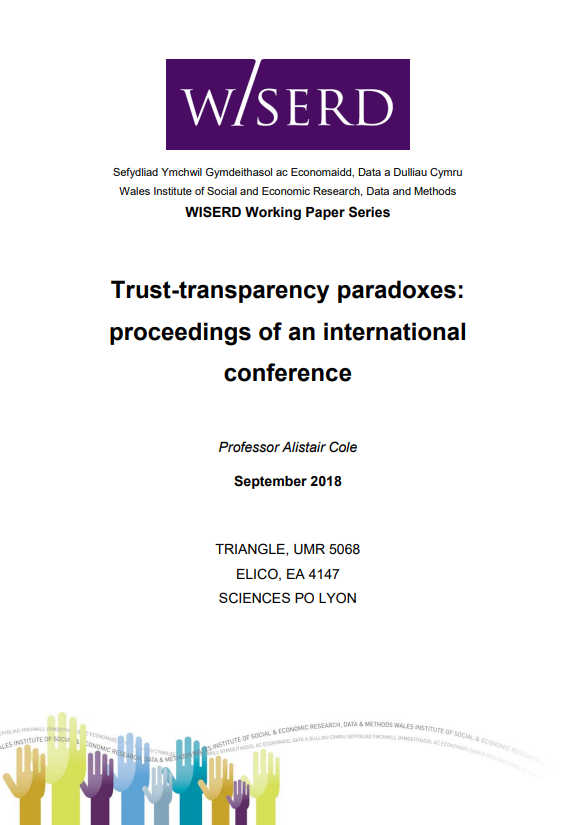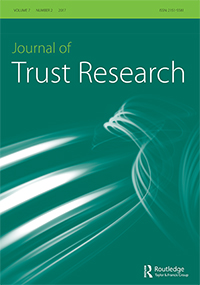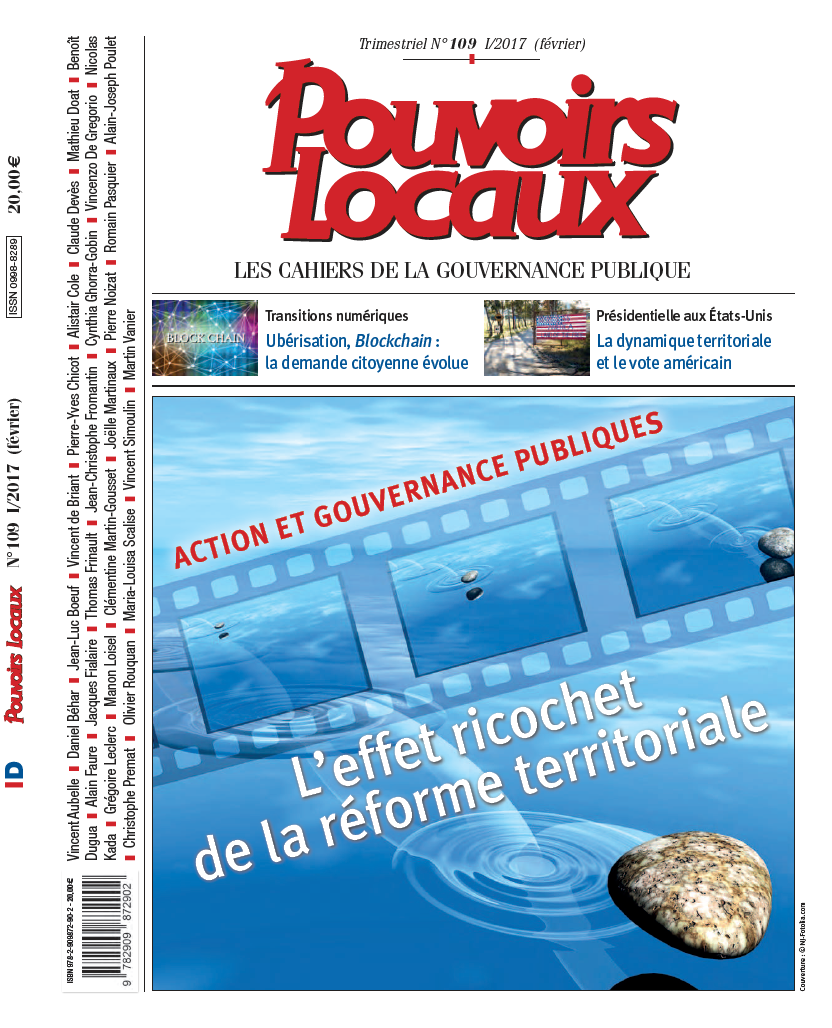Overview
This project utilised a mixed-methods design incorporating interviews, focus groups, a scoping analysis of secondary quantitative data and a cross-national survey to explore the role of trust and transparency within the context of multi-level governance. The core research question focused on the extent to which a pan-European convergence in norms of trust has emerged and its relationship to transparency. The research examined the interplay of trust and transparency within and between three EU states: the UK, France and Germany. Within each state the project focussed on one strong identity and one ‘instrumental’ region to explore the impact of factors such as varying identities, institutional configurations and resource profiles on trust and transparency.
A mixed methods research design allowed associations between multi-level governance and trust to be mapped comparatively
1). National Trust Profiles: quantitative scoping analysis – The RA will undertook secondary quantitative scoping analysis of the three EU member-states, with a view to compiling a cross-national ‘trust’ profile, designed to elicit variation in attitudes towards political institutions and policy arenas.
2). Regional Trust Profiles – The project had added value by undertaking a cross-national representative survey, with a target of 1000 individuals in each of our six regions, to be carried out as an online survey.
3). Qualitative data analysis: comparing policy communities and focus groups
The project conducted semi-structured interviews with 72 actors in the UK, France and Germany. Interviews occured with comparable members of the policy community in six regions on the basis of a semi-structured interview schedule that linked trust and transparency to scalar preferences, institutional configurations, identity mixes, and perceptions of social and cultural capital and output legitimacy. Around 60 semi-structured interviews took place across the six regions (10 per region), along with 4 interviews that captured the national and supranational levels in each country) (total 72 interviews). Interviewees in Wales, Saxony, Brittany, South-West England, Ile-de-France and Hesse were drawn from functionally equivalent panels, determined via purposive sampling. Focus groups allowed for visual and oral comparisons of observable interactions in similar conditions in our regions. We convened two groups in each region, to be held in short succession of each other, hence 12 groups in total.
Research Questions
- Is there a pan-European convergence in norms of trust?
- Are certain types of democratic polity/national systems of multi-level governance better equipped to retain trust than others?
- Are trusting relationships related to national systems of multi-level governance, and the emphasis they place on the scale of governance or the proximity of decision-making?
- Does Europeanisation engender more distant relationships across the policy spectrum? Or are these sentiments played out differentially according to the field of policy intervention?





